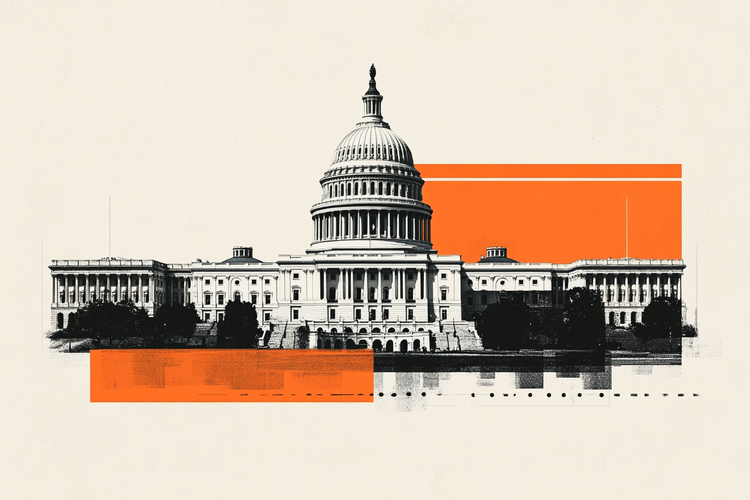Debureaucratization of the private initiative and reduction of the working day are some of the proposals of the candidates for the Presidency of the Republic for the generation of jobs, according to the programs presented to the Superior Electoral Court (TSE).
The first round of elections is scheduled for Sunday (2).
According to data from the Continuous Quarterly Household Sample Survey (Pnad Contínua), the unemployment rate in Brazil in the second quarter of this year was 9.3%.
Next, the CNN highlights the main proposals of the presidential candidates on the subject.
Luiz Inácio Lula da Silva (PT)
The former president proposes a “new labor legislation of extensive social protection”, promising attention to the self-employed, the self-employed, domestic workers, telecommuters and home office workers, mediated by apps and platforms, as well as restoring free access. to the Labor Court.
Another proposal is the resumption of investments by the industry in “new technological and environmental bases, agrarian reform, stimulus to the solidarity economy, with sustainable use of biodiversity”.
Jair Bolsonaro (PL)
The current president defends the stimulus to entrepreneurship as “one of the fundamental factors” for job creation. For that, the president proposes the incentive to “economic freedom”.
He also states that, if elected, the labor reform will be maintained, and the issue will be dealt with “independently of ideological interests and prejudices”. Bolsonaro also proposes the “modernization of the National Employment System”.
Ciro Gomes (PDT)
The candidate talks, in his program, about the “National Development Plan” and promises, in his first two years of government, the generation of 5 million jobs.
One of the measures for this would be the expansion of public investments in civil construction, with a focus on paralyzed works.
Simone Tebet (MDB)
The presidential candidate proposes the creation of programs that encourage job creation, citing greater formalization of vacancies and better remuneration for workers.
He also cites support for agro-industrial poles and a government that is “friendly to the private sector” for greater job creation.
Soraya Thronicke (Union Brazil)
The candidate defends investment in “productive diversification”, that is, in new job profiles.
Another action included in its government plan is an investment in “professional training in the interior of Brazil” and partnerships with “entrepreneurial bodies”.
Felipe D’Avila (New)
One of the main points of the candidate’s program will be an economy focused on the environment with job creation through agriculture, mainly in the Amazon region.
He also advocates “encouraging the private sector” for job creation.
Vera Lucia (PSTU)
The PSTU candidate defends a reversal of the “capitalist order”, promising formal employment for all Brazilians.
Another promise is the reduction of working hours to 30 hours per week, allowing two shifts and increasing employment, in addition to “a great plan of public works”.
Sofia Manzano (PCB)
The presidential candidate proposes a policy that ensures employment for all, using the Central Bank as a “financing instrument”. She also defends the reduction of the working day to 30 hours per week, without salary reduction, with automatic readjustment according to inflation.
In addition, it talks about “creation of urban and rural work fronts associated with sanitation, housing, school and hospital renovation works, as well as the expansion of the national rail network”.
Leonardo Pericles (UP)
The candidate proposes the creation of “emergency work fronts” with “infrastructure works in sanitation, maintenance and construction of health posts and affordable housing”.
He also defends the reduction of the working week to 30 hours without the proportional reduction of wages, which, according to him, creates “the possibility of two work shifts on weekdays”.
Eymael (DC)
The candidate defends an economic policy aimed at job creation, including incentives for entrepreneurship, installation of development centers and mechanisms for creating jobs for young people.
Father Kelmon (PTB)
In his government plan, the presidential candidate puts himself in favor of “union freedom and the freedom of workers to decide personally on their association or contribution”, in addition to not accepting the intervention of the State in labor relations.
Gallery — The photos of the presidential candidates and candidates that will be displayed at the polls
Source: CNN Brasil
Joe Jameson, a technology journalist with over 2 years of experience, writes for top online news websites. Specializing in the field of technology, Joe provides insights into the latest advancements in the industry. Currently, he contributes to covering the world stock market.







